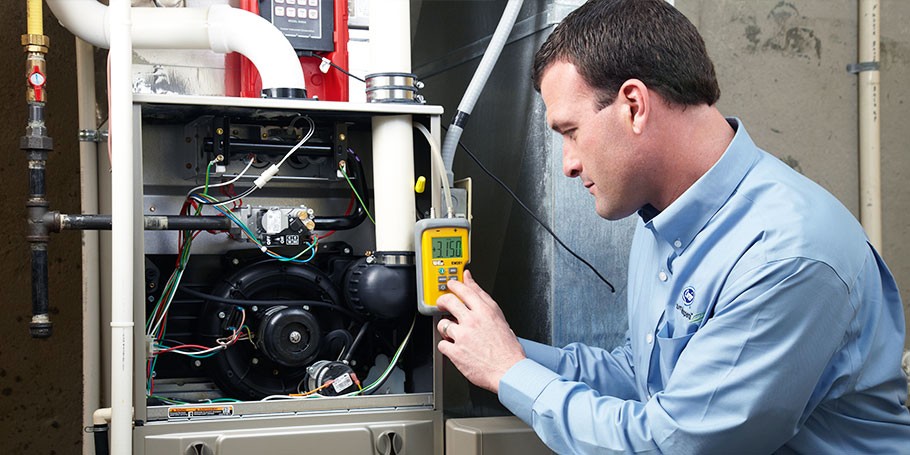To fix your heating system with the least amount of hassle, consider installing a water softener. If it implies anything at all, what does it imply specifically? Water softeners relate to a wide range of devices designed to address issues brought on by hard water. Among the many names by which they are known, “Water Softener Systems” is one of the more common ones. You may have an issue with the hardness of your water if you find that your shampoo and soap do not generate enough lather, your dishes have spots, your bathtub has rings, your clothing have discoloured, and your coffee maker has scale. In light of the current status of the economy, investing in a water softener now might prove to be a wise financial decision.
There’s a good chance that washing delicate objects like skin and hair will be much more of a hassle if hard water is included in the mix. This is due to the higher mineral content of hard water compared to soft water. The USGS found that 85 percent of homes in the US were negatively impacted by hard water. Next, a reference has to be included.
Problems That Have Been Submitted for Analysis Taking into account the erratic behaviour of the sea’s surface
The high mineral content of aquifers and other subterranean water sources is a result of minerals being dissolved from the surrounding rock. Calcite, magnesium carbonate, and manganese dioxide are just a few examples of these crucial chemicals. The presence of these minerals is likely responsible for the bulk of the abrasiveness that is found in the water. The aforementioned causes of soft water turning into hard water are simply a handful of many potential causes. There is a correlation between the “hardness” of the water and the number of minerals in it. Fixing broken furnaces is one potential use.
Can you explain what we mean when we remark that a given water supply is “hard water”?
Some water supplies may include more than one grain of hardness minerals per gallon (GPG). Soft water is water that has a GPG of 3.5 or lower and may be utilised for a wide variety of jobs owing to its low degree of hardness. 3.5 or above on the GPG scale is required for water to be classified as “hard.” A GPG value of 10 or above indicates hard water. The typical water hardness level is between these two extremes. Therefore, it is reasonable to conclude that this is the most efficient method of heating repair imaginable.
The risk of a water heater breaking grows as scale builds up inside of it. Remember to be on the lookout for scale buildup not only in water heaters, but everywhere water is stored. Results from a study funded by the Water Quality Research Council and conducted by researchers at New Mexico State University suggest that hard water scale may lower water heater efficiency by as much as 30 percent.
Water conditioners may come in many different shapes, sizes, and layouts.
Ion exchange water softeners, sometimes known as “cation exchange” water softeners, aren’t your only option; there are others, and picking the right one will depend on your specific needs. One of our future objectives is to provide additional clarity with respect to each of these aspects in turn.

